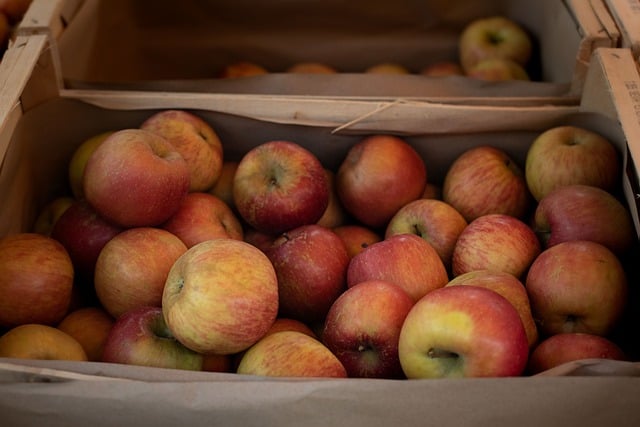Embracing Eco-Friendly Gardening for Sustainable Nutrition
In a world that increasingly values health and well-being, the concept of sustainable nutrition is becoming more important than ever. Gardening, an age-old practice, has recently gained recognition not only as a means of growing food but also as a powerful tool for environmental stewardship. With nature as our ally, we can cultivate our own patches of green, nourishing our bodies and our planet simultaneously.
The Environmental Impact
Traditional farming methods often rely on chemicals and practices that can harm the environment. However, eco-friendly gardening offers a path that benefits both our health and the ecosystem. By adopting organic practices, we can reduce pollution, enhance biodiversity, and improve soil health. This transition is essential for creating a sustainable environment where plants and wildlife can thrive alongside us.
Connecting with Nature
Gardening is not just about planting seeds; it’s about fostering a connection with nature. When we nurture plants, we learn to appreciate the cycles of growth and decay. This relationship reminds us of the importance of sustainability, encouraging us to make choices that align with our values. As we dig our hands into the soil, we become more attuned to the rhythms of the earth, understanding that we are part of a larger ecosystem.
Creating Your Eco-Friendly Garden
Starting your eco-friendly garden is an exciting journey. Choose native plants that are adapted to your local environment, requiring less water and maintenance. Implement permaculture principles by designing your garden to work with nature, not against it. Composting kitchen scraps and yard waste enriches the soil, while companion planting can deter pests naturally. Incorporating these practices not only promotes sustainable nutrition but also contributes to a more resilient habitat.
Food from Your Backyard
Imagine stepping into your backyard and harvesting fresh vegetables and herbs for dinner. This experience is not just satisfying; it’s empowering. Growing your own food reduces dependence on store-bought options, which may be laden with chemicals and transportation costs. By growing what you consume, you ensure it is fresh, nutritious, and free from harmful additives. Your eco-friendly garden becomes a sanctuary where you cultivate personal health alongside planetary wellness.
Community and Collaboration
Gardening also provides an opportunity to engage with your community. Community gardens bring people together, fostering relationships while promoting sustainable practices. Sharing knowledge, seeds, and harvests can create a collective approach to sustainable nutrition. As we collaborate, we spread awareness about the importance of caring for our environment, encouraging others to join the green movement.
Your journey into eco-friendly gardening is an invitation to transform not just your garden but your lifestyle. As you cultivate your space, remember that every small action contributes to a bigger picture of sustainability. Together, let’s harness the power of nature to nourish our bodies and heal our planet.




